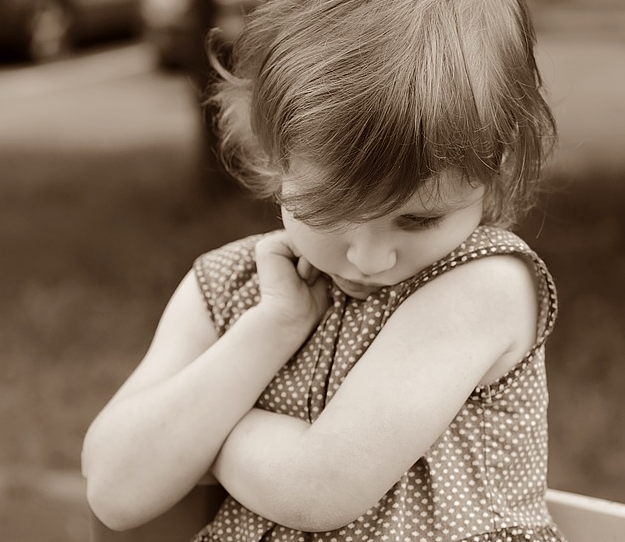Shyness or Something More?
How to Combat Social Anxiety in Elementary School
Children can suffer from social anxiety in the same way adults do, but they need help from their parents and other adults in order to cope with the condition. Social anxiety is an extreme form of shyness that makes it difficult to associate with others without feeling physically ill or hyperventilating.
Occasionally, a child will develop social anxiety due to a traumatic experience in the past, or even just as a result of genetics and environments. This condition makes it impossible to feel comfortable in school or other locations where there are people children regularly need to interact with. Here are some ways parents can help a child who has social anxiety feel more comfortable.
Seek Professional Help from a Counselor
A child with social anxiety should have professional help from a qualified counselor. In some cases, your child will require help from a psychiatrist who can prescribe medications that are formulated to reduce anxious thoughts and the symptoms associated with the condition. With a weekly visit to a mental health professional, a child can participate in talk or behavioral therapy. Depending on the severity, this option can be a great help for kids and parents alike.
Arrange Playdates
Rather than subjecting a child to large groups of other children, arrange playdates with one friend. Choose another child who is also shy or who can understand how your child feels. Don’t expect your child or their friend to go to a crowded place such as a movie theater when they want to have fun together. Staying home to play board games or watch a DVD is probably a better way for these children to overcome their anxiousness. Give them a chance to express themselves in a more controlled, safer environment rather than subject them to group social situations right away.
Listen to Your Child’s Concerns
If your child is feeling more confident, then permit them to choose an activity that requires spending time in a crowded situation with other people. However, never force your child to do something that will lead to a panic attack. When your child wants to try associating with others, choose a place and time when there are fewer people around. Rather than visiting a shopping mall on a Saturday, your child might feel better about looking for shoes and clothing on a quiet Tuesday evening.
Think About Alternatives
If your son or daughter can’t attend a traditional school without having a panic attack caused by social anxiety, choose an alternative educational option. Today, it is easy to enroll your child in an online K-12 school that offer high-quality classes with fantastic teachers. In some cases, several children are enrolled in the same class, but they can communicate with each other through the computer. This can help your child overcome her feelings from social anxiety while continuing an education. You could also explore private school or one-on-one teacher time if you are afraid group situations distract your child from learning. See what works best for both of you.
Support Your Child’s Feelings
Don’t make fun of a child’s feelings concerning social anxiety because this will undermine their confidence. Remember that it is possible to have a child who is very outgoing but who might struggle in certain situations or settings. Support your child’s feelings to help them to feel better, and with time, the feelings from having social anxiety will be reduced.
